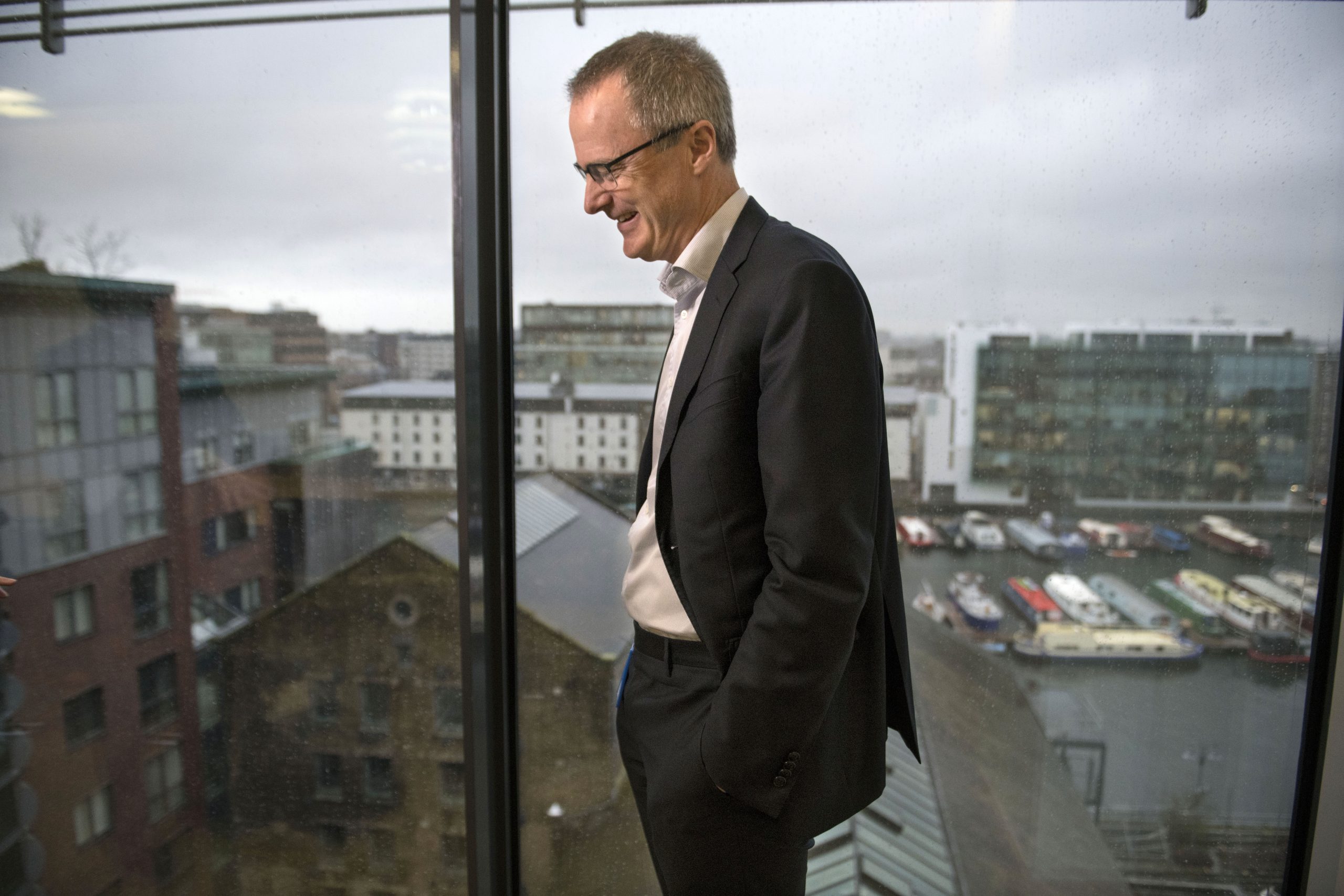It is 25 months since I last met Declan Black in person in the offices of Mason Hayes & Curran (MHC) on Barrow Street in the south docklands. The law firm’s office is quieter than last time; many of its 540 staff are still working partly from home. But, as we walk along a sixth-floor corridor, there is still a string of ‘Do Not Disturb’ signs on offices as teams of lawyers go about the daily work of arbitration meetings and client consultations. Black leads me into a corner meeting room with views of the Aviva glistening in the early…
Cancel at any time. Are you already a member? Log in here.
Want to continue reading?
Introductory offer: Sign up today and pay €200 for an annual membership, a saving of €50.

